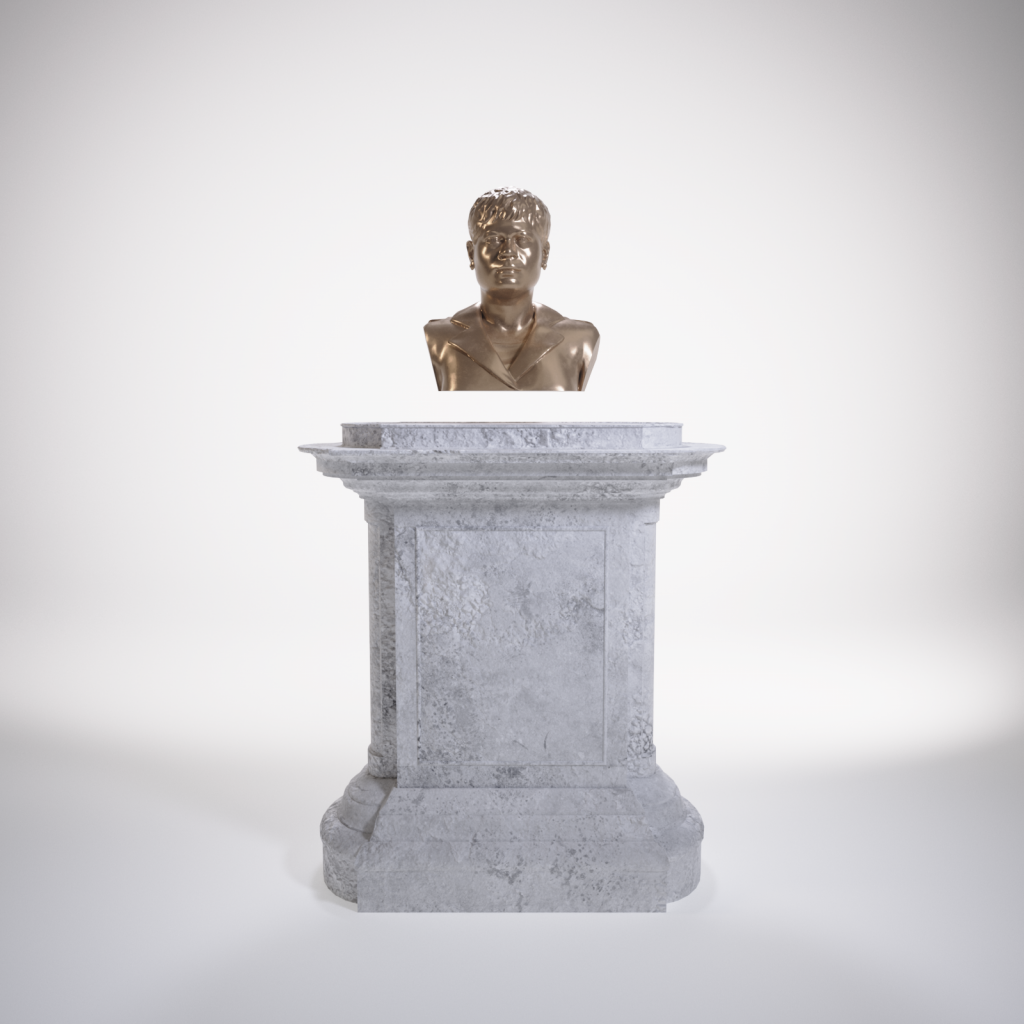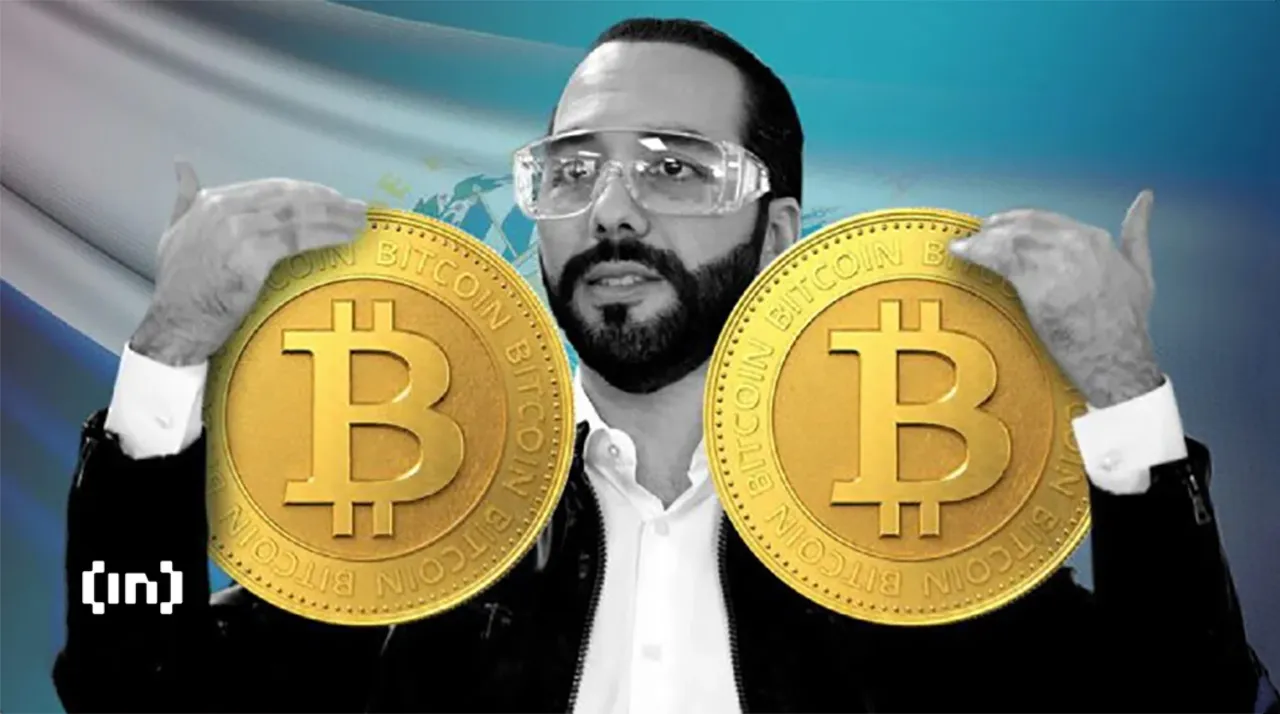Here’s How SEC Unfolded Terra Fraud!

Terraform Labs, the company behind the Terra blockchain, and its co-founder, Do Kwon, are being sued by the Securities and Exchange Commission (SEC) for allegedly defrauding investors. The complaint alleges that the company made false claims about TerraUSD payments and other matters, leading investors to believe that Terra was a legitimate decentralized finance project. However, the SEC has charged Terraform and Kwon with fraud, selling unregistered securities and security-based swaps, and other offenses.
If you’ve missed what went down in 2022 and how the crypto industry was brought to its knees – we’ve got you covered. Read on to find out how the scam unfolded.
The collapse of TerraUSD (UST) and its impact on the crypto industry
TerraUSD (UST) is a stablecoin created by Terraform Labs, pegged to the value of the US dollar and used for various purposes on the Terra blockchain. It reached a market capitalization of $17 billion by April 2022.
However, in May 2022, TerraUSD lost its dollar peg, causing a $40 billion loss in value, leading to the shutdown of the Terra network. Terraform Labs, the company behind the stablecoin, is now facing a lawsuit from the SEC for allegedly selling unregistered securities and violating investor protection laws.
Mastermind of Market Manipulation
The SEC has accused Terraform Labs of making false claims about its partnership with payment app Chai, founded by Daniel Shin. In 2019, Terra announced that it would rebuild Chai’s payment system on the blockchain to simplify transactions and provide lower fees to merchants.
The SEC alleges that Chai payments did not use the Terra blockchain as promised, and that Terra deceptively replicated Chai payments on its blockchain to make it appear as if they occurred on Terra. Industry members have said that Chai’s use of Terra was a fabrication, with fake transactions on the chain, and that people at Terraform Labs knew it was fraudulent.
In addition, the SEC alleges that Kwon and Terraform worked with the trading firm Jump to recover UST’s peg after it fell nearly 10 cents in May 2021. After the trading firm purchased large amounts of the UST token, it received LUNA tokens from Terraform. The Jump Trading firm walked away with a $1.2 billion profit in this scheme.
According to SEC Chairman Gary Gensler, the SEC alleges that Terraform and Kwon failed to provide the public with full, fair and truthful disclosure, which is required for various crypto-asset securities, particularly for LUNA and Terra USD. The SEC’s action against Terraform highlights the need to scrutinize the financial realities of an offering, rather than the labels placed on it.
Do Kwon and Daniel Shin: A Lack Of Accountability
The SEC has accused Do Kwon of making false claims about Terra and transferring 10,000 Bitcoin worth nearly $250 million to a Swiss bank account. The commission alleges that Kwon converted BTC into cash, with over $100 million withdrawn from the Swiss bank between June 2022 and the filing of the lawsuit.
After the collapse of Terra in May, South Korean authorities raided the home of Daniel Shin in Seoul. In December, Shin faced a court hearing to determine whether to arrest him for allegedly extracting illegal profits from Terra before its demise. Prosecutors accused him of selling $105 million worth of LUNA tokens.
Investor stories and lessons learned
The SEC filing highlights the stories of individual investors, such as a California pharmacist who borrowed $400,000 against their home to buy TerraUSD (UST) and a Vermont painter who invested $20,000 that was meant for his son’s school fees. These people, like many others, put their savings into the Terra network, only to lose a significant amount of it when UST lost its dollar peg. It is a sad reality that many investors suffered financial losses as a result of greedy market manipulation.
The aftermath
The collapse of TerraUSD last year triggered a wave of bankruptcies in the crypto industry. Five other crypto firms, including Celsius, Voyager, FTX, BlockFi and Genesis, have since filed for bankruptcy. The collapse of the Terra ecosystem precipitated the default of crypto hedge fund Three Arrows Capital in June, spreading financial contagion between high-risk centralized lending and borrowing crypto firms.
Rising From The Ashes
Terraform Labs and the Do Kwon scandal show that investors should be careful when investing in cryptocurrency. You should research the projects and the people behind them well before investing and don’t put all your money into one asset. Many people lost all their savings due to the TerraUSD collapse, so it is important to diversify your investments and manage risk.
Investors must be cautious and not believe promises of high returns without researching the technology, business model and regulations of crypto-assets before investing.
























